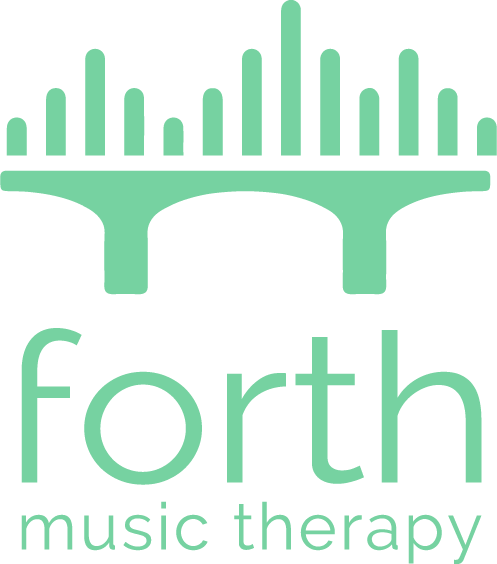What is music therapy?
Music is a form of expressive communication. All of us have used music at some point in our lives to relax, dance to or sing along with. Music can open us to diverse emotions such as happiness, sadness, anger and excitation. It can make us feel secure and relaxed. We may feel empowered through music.
Even for people who have a serious disability or disorder, the capacity to respond to music may remain unimpaired, and the communicative potential of music can therefore be utilised.
Music therapy uses improvised music as the main tool for communication. Initially this will help clients to interact and build our therapeutic relationship. From here, music and other forms of communication will carry out the therapeutic goals; as an example, these can include self–expression, increased self–esteem, self–awareness and ability to engage with others.
Music therapists must be registered with the Health and Care Professions Council (HCPC) and have completed a postgraduate training.
Music therapists work with people of all ages, with a wide range
of conditions including:
Learning disabilities
Physical disabilities
Brain injuries
Emotional and behavioural difficulties
Eating disorders
Mental health problems
Depression
Dementia
Parkinson's Disease
Autistic Spectrum Disorder
Terminal illness
Clinical aims include
Developing/maintaining communication
Alleviating isolation
Increasing self-expression
Increasing self-confidence/self-esteem
Relaxation
Improving coordination
Increased awareness of others



